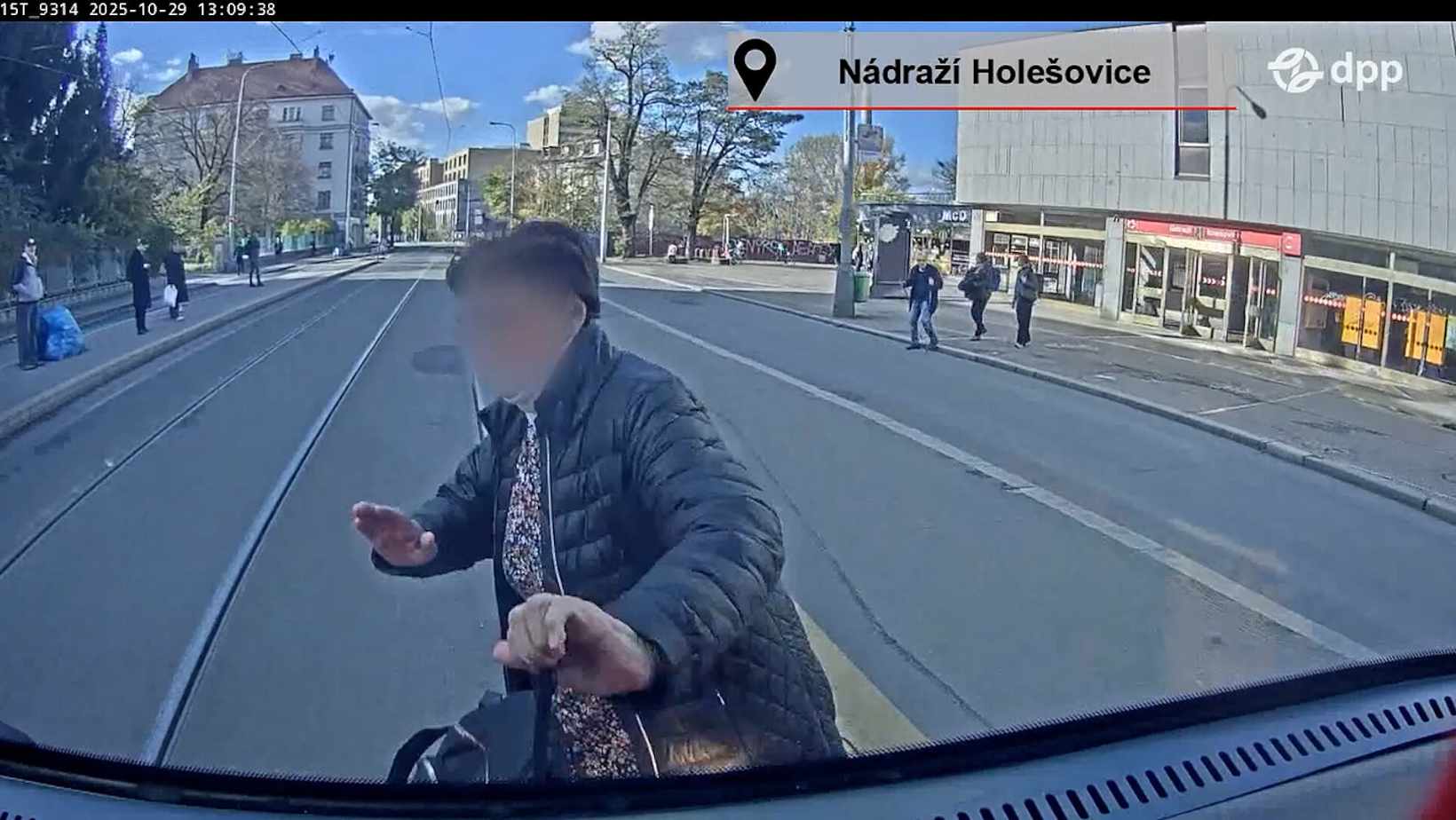Understanding Blockchain Transactions: A Comprehensive Guide
Prague Morning
In today’s digital age, blockchain technology has emerged as a revolutionary force, reshaping industries and challenging conventional ways of doing business. At its core, blockchain is a decentralized and immutable ledger that records transactions in a secure and transparent manner. But within this broader framework, one of the most fundamental and crucial aspects is the concept of blockchain transactions.
Blockchain transactions serve as the backbone of this groundbreaking technology, underpinning cryptocurrencies like Bitcoin and Ethereum, and extending their utility far beyond digital currencies. In this comprehensive guide, we will delve into the intricacies of blockchain transactions, exploring their significance in the digital world and dissecting how they work.
II. The Significance of Blockchain Transactions
Blockchain transactions are the building blocks of trust in the digital realm. They are vital for a multitude of reasons:
Security and Immutability: Unlike traditional databases, blockchain transactions are cryptographically secured and immutable. Once a transaction is recorded on the blockchain, it cannot be altered or deleted, ensuring the integrity of data.
Decentralization: Transactions on a blockchain are processed and verified by a network of nodes spread across the globe. This decentralization eliminates the need for intermediaries like banks, reducing the risk of single points of failure and making transactions more resilient.
Transparency: Every transaction on a public blockchain is visible to anyone, providing transparency and trust in the system. This transparency is essential for applications like supply chain management and voting systems.
Smart Contracts: Blockchain transactions are not limited to simple transfers of digital assets. Smart contracts, self-executing agreements with predefined rules, can automate complex transactions, making them more efficient and cost-effective.
Financial Inclusion: Blockchain transactions can provide financial services to the unbanked and underbanked populations globally, offering them access to a secure and borderless financial system.
Transaction Confirmation and Speed
Blockchain transactions, while secure and decentralized, come with varying levels of speed and confirmation times. Understanding how transaction confirmation works and the factors influencing transaction speed is crucial for users and businesses operating in the blockchain ecosystem.
How Transaction Confirmation Works
Initiation: A user initiates a transaction by sending a request to the blockchain network. This request typically includes the recipient’s address, the amount to be transferred, and any additional data required for the transaction.
Verification: The transaction is broadcasted to the network and verified by nodes (computers) within the network. These nodes ensure that the transaction is valid, adheres to the blockchain’s rules, and that the sender has the necessary funds.
Inclusion in a Block: Once verified, the transaction is bundled together with other transactions into a block. Miners, who are responsible for adding new blocks to the blockchain, compete to solve complex mathematical puzzles to validate the block. The first miner to solve the puzzle gets the right to add the block and its transactions to the blockchain.
Confirmation: The transaction is considered confirmed when it is included in a block. The number of confirmations a transaction needs to be considered secure varies depending on the blockchain. In Bitcoin, for instance, it’s often recommended to wait for at least six confirmations.
Factors Influencing Transaction Speed
Network Congestion: High demand for the blockchain transaction can lead to network congestion, causing delays in transaction processing. During peak times, more transactions are competing for inclusion in limited block space.
Transaction Fees: Miners prioritize transactions with higher fees because they earn rewards for including transactions in a block. Users who offer higher transaction fees will likely have their transactions processed faster.
Blockchain Protocol: Different blockchain protocols have varying transaction speeds. For example, Bitcoin’s average block time is approximately 10 minutes, while Ethereum’s is around 15 seconds. The choice of blockchain can significantly impact transaction speed.
Scalability Issues: Many popular blockchains face scalability issues, which limit their transaction throughput. When transaction volumes increase, delays can occur. Solutions like layer 2 scaling solutions (e.g., Lightning Network for Bitcoin) and network upgrades (e.g., Ethereum 2.0) are being developed to address these challenges.
Scalability Issues and Potential Solutions
Blockchain Upgrades: One approach to improving transaction speed and scalability is to upgrade the underlying blockchain protocol. Ethereum, for example, is transitioning from a proof-of-work (PoW) to a proof-of-stake (PoS) consensus mechanism in Ethereum 2.0. PoS is expected to increase scalability and reduce transaction times.
Layer 2 Solutions: Layer 2 scaling solutions like the Lightning Network for Bitcoin and various Layer 2 solutions for Ethereum aim to conduct transactions off-chain or in a more efficient manner. These solutions reduce congestion on the main blockchain, resulting in faster and cheaper transactions.
Sidechains: Sidechains are independent blockchains that can interact with the main blockchain. They allow for specific use cases and applications to operate with higher transaction throughput without affecting the main chain’s performance.
Interoperability: Interoperability protocols enable different blockchains to communicate and share data. This can alleviate congestion by enabling transactions to occur on multiple interconnected blockchains, each with its own strengths.
In conclusion, transaction confirmation and speed in blockchain networks depend on a variety of factors, including network congestion, transaction fees, and the underlying blockchain protocol. Scalability issues have been a persistent challenge, but ongoing innovations and upgrades offer promising solutions to improve transaction speeds and efficiency in the blockchain ecosystem. As the technology continues to evolve, users can expect faster and more reliable blockchain transactions.
-
NEWSLETTER
Subscribe for our daily news










